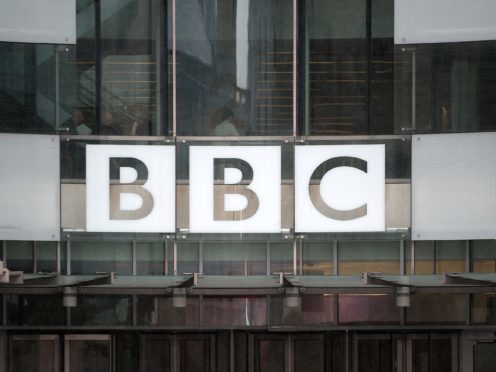Thousands of BBC staff including journalists and technicians are being recommended to accept a three-year pay deal and “brand new” terms and conditions, raising the minimum salary to £20,000, unions have announced.
Almost two years of negotiations resulted in a deal worth 2% for 2017/18, 2% in 2018/19 and 2.5%, or the licence fee settlement if higher, in 2019/20.
The minimum pay at the corporation will increase from £15,687 to £20,000, according to the Bectu union.
The union’s national secretary, Sarah Ward, said: “The BBC’s finances are exceptionally precarious because between now and 2020 it will be taking over the financing of the over-75s’ free TV licences, that will lead to a loss of 20% of the BBC licence fee income, which the unions do not support.
“This pay offer secures our members future pay awards at a time when the BBC financing situation is very delicate.”
News: BECTU and unions secure ground-breaking pay offer for BBC staff https://t.co/7tdqgFCsDW pic.twitter.com/w3TbgQYO3U
— BECTU (@bectu) May 4, 2018
Head of Bectu Gerry Morrissey said: “This new deal, which is still subject to a ballot of the members, demonstrates how important it is that unions and management work collaboratively with employers.
“The BBC recognised that its staff terms and conditions needed updating and the unions were able to negotiate what we know about staff experiences from members.
“This deal is a comprehensive examination of the terms and conditions and ensures that the BBC is best placed to retain and develop the workforce to keep it competitive in an increasingly fragmented market, while ensuring staff have decent terms and conditions.”
Negotiations were held over 21 months and crunch talks took place this week at the conciliation service Acas, where the final session of talks lasted for 22 hours.
A ballot of BBC staff will open on May 21 and close on June 8.
A new grading structure is being proposed after unions said the BBC recognised that some roles were being paid below the market rate.
Other measures include enhanced pay for parental leave, 18 weeks of full pay when shared parental leave is used, and two weeks’ paternity pay.
A joint working group will study weekend working and report back on whether staff should get extra pay or time off.
A BBC spokesman said: “We’re pleased the unions are recommending the proposals, which are an essential part of modernising the BBC, ensuring fairness and equality across the organisation and benefiting staff and audiences through the services we provide. We await the outcome of the union ballots.”
Michelle Stanistreet, general secretary of the National Union of Journalists, said: “For the past 21 months the unions have worked hard to identify areas of change needed at the BBC, and to improve the wide-ranging proposal to revamp terms and conditions.
“This final strait of negotiations with the BBC made significant headway and successfully addressed a number of important issues that required progress and agreement.”
